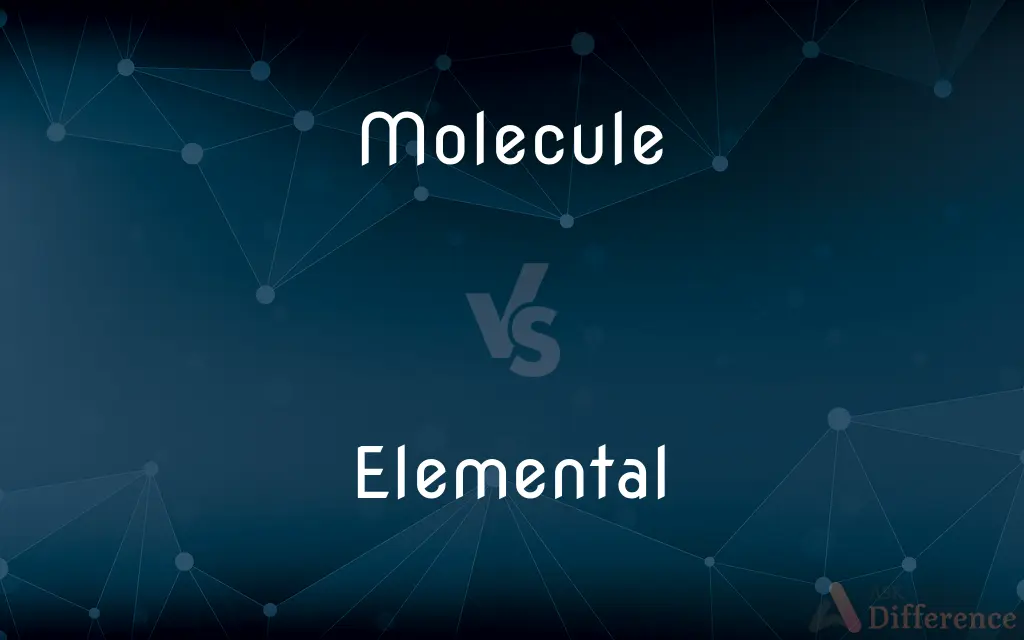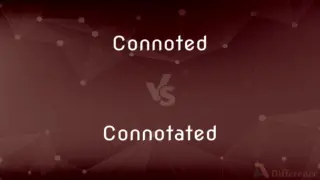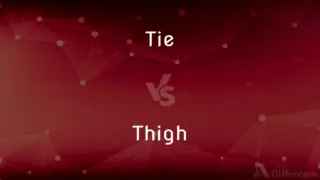Molecule vs. Elemental — What's the Difference?

Difference Between Molecule and Elemental
ADVERTISEMENT
Compare with Definitions
Molecule
A molecule is an electrically neutral group of two or more atoms held together by chemical bonds. Molecules are distinguished from ions by their lack of electrical charge.
Elemental
An elemental is a mythic being that is described in occult and alchemical works from around the time of the European Renaissance, and particularly elaborated in the 16th century works of Paracelsus. According to Paracelsus and his subsequent followers, there are four categories of elementals, which are gnomes, undines, sylphs, and salamanders.
Molecule
The smallest particle of a substance that retains the chemical and physical properties of the substance and is composed of two or more atoms; a group of like or different atoms held together by chemical forces.
Elemental
Of, relating to, or being an element.
Molecule
A small particle; a tiny bit.
ADVERTISEMENT
Elemental
Fundamental or essential; basic.
Molecule
(chemistry) The smallest particle of a specific element or compound that retains the chemical properties of that element or compound; two or more atoms held together by chemical bonds.
Hydrogen chloride is a diatomic molecule, consisting of a hydrogen atom and a chlorine atom.
Elemental
Of or relating to fundamentals; elementary.
Molecule
A tiny amount.
Elemental
Constituting an integral part; inborn.
Molecule
One of the very small invisible particles of which all ordinary matter is supposed to consist.
Elemental
Of such character as to resemble a force of nature in power or effect
Elemental violence.
Molecule
The smallest part of any substance which possesses the characteristic properties and qualities of that substance, and which can exist alone in a free state.
Elemental
In certain occult systems, an inhabitant of one of the four elements, especially any of the beings described by Paracelsus as intermediate in corporeality between humans and spirits.
Molecule
A group of atoms so united and combined by chemical affinity that they form a complete, integrated whole, being the smallest portion of any particular compound that can exist in a free state; as, a molecule of water consists of two atoms of hydrogen and one of oxygen. Cf. Atom.
Elemental
(chemistry) Of, relating to, or being an element (as opposed to a compound).
Molecule
(physics and chemistry) the simplest structural unit of an element or compound
Elemental
Basic, fundamental or elementary.
Molecule
(nontechnical usage) a tiny piece of anything
Elemental
Of the ancient supposed elements of earth, air, fire and water.
Elemental
(by extension) Of, or relating to a force of nature, especially to severe atmospheric conditions.
Elemental
A creature (usually a spirit) that is attuned with, or composed of, one of the classical elements: air, earth, fire and water or variations of them like ice, lightning, etc. They sometimes have unique proper names and sometimes are referred to as Air, Earth, Fire, or Water.
Elemental
Pertaining to the elements, first principles, and primary ingredients, or to the four supposed elements of the material world; as, elemental air.
Elemental
Pertaining to rudiments or first principles; rudimentary; elementary.
Elemental
Being or resembling a force of nature;
Elemental violence
Elemental
Being the ultimate or elemental constituents of anything;
The elemental stuff of...out of which the many forms of life have been molded
The ultimate ingredients of matter
His proposal is elegantly simple
Elemental
Relating to or being an element;
Elemental sulphur
Elemental
Relating to severe atmospheric conditions;
A race against hail or cold rains or some other elemental catastrophe
Share Your Discovery

Previous Comparison
Connoted vs. Connotated
Next Comparison
Tie vs. Thigh














































